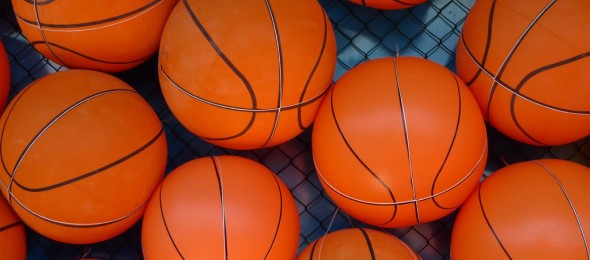Josephine R. Potuto, Richard H. Larson Professor of Constitutional Law and National Collegiate Athletic Association (“NCAA”) Faculty Representative at the University of Nebraska College of Law, and Matt Mitten, Professor of Law and Executive Director of the National Sports Law Institute at Marquette University Law School, have published “Comparing NCAA and Olympic Athlete Eligibility Dispute Resolution Systems in Light of Procedural Fairness and Substantive Justice,” Harvard Journal of Sports and Entertainment Law, Vol. 7, No. 1, 2016; Marquette Law School Legal Studies Paper No. 16-04. In their journal article, the authors examine the alternative dispute resolution mechanisms used by the NCAA and both the United States and International Olympic Committees.
Here is the abstract:
The traditional adjudicative model for resolving disputes involves public judicial systems (i.e., courts) established and administered by the government. But disputes also are resolved by alternative dispute resolution (ADR) systems outside the traditional model that are established and administered by private parties. The National Collegiate Athletic Association (NCAA), International Olympic Committee (IOC), and United States Olympic Committee (USOC) use differing ADR systems to resolve intercollegiate and Olympic athletic eligibility disputes that are afforded very deferential review by courts with the merits of their respective determinations almost always judicially upheld and enforced. Olympic sports athlete eligibility disputes are resolved at the international level by the Court of Arbitration for Sport (CAS), an external system of arbitration that has been called the gold standard for resolving athlete disputes. The NCAA uses a system of internal committees comprised of faculty and institutional and conference staff to resolve intercollegiate athlete eligibility disputes, which is the subject of perpetual criticism and has led to calls for reform measures mirroring CAS’s external arbitral process. In this Article we describe the NCAA’s internal systems for resolving athlete eligibility disputes, which often are misunderstood by commentators without due consideration of the need for its ADR processes to be tailored to effectively, efficiently, and fairly resolve disputes in light of the NCAA’s particular demographics and needs. We also describe the CAS arbitral system as well as the corresponding American Arbitration Association (AAA) system used to resolve domestic Olympic athlete eligibility disputes in the U.S. and the requisite procedural fairness and substantive justice both systems provide to athletes, which justify judicial recognition and enforcement of their arbitration awards. Considering the salient differences between the ADR processes for resolving Olympic and intercollegiate sports athlete eligibility disputes, we explain why the NCAA’s ADR processes provide a commensurate level of procedural fairness and substantive justice to athletes that responds to the demographics and requisites of its approximately 460,000 student-athletes, its eligibility requirements, and the thousands of annual competitions that it administers. Finally, we offer suggestions to improve the NCAA’s processes for resolving athlete eligibility disputes without jeopardizing its needed autonomy or ability to govern its affairs in an efficient and effective manner.
This and other papers written by Professors Potuto and Mitten are available for download from the Social Science Research Network.
Photo credit: Håkan Dahlström via Foter.com / CC BY














